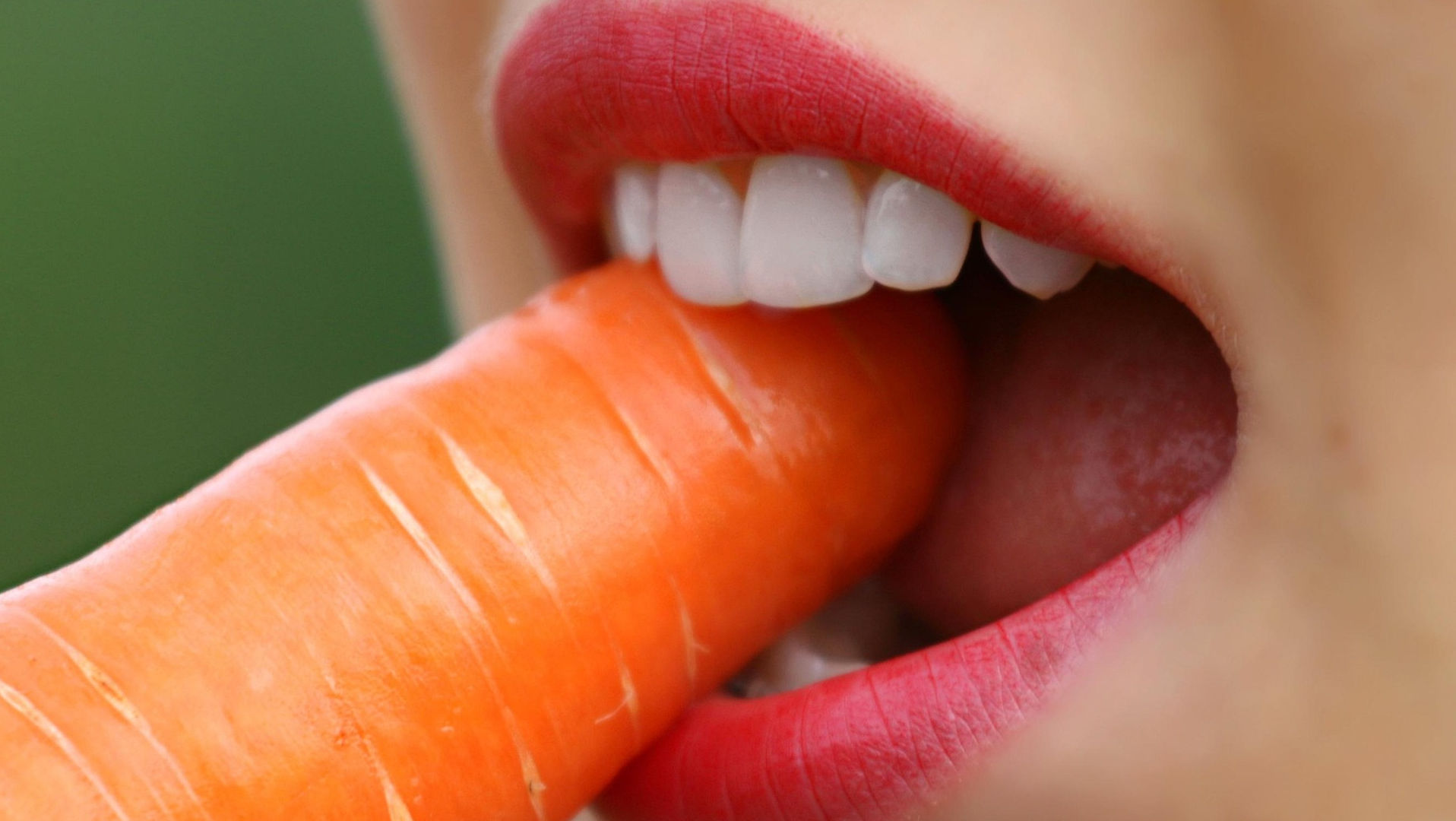Sensitive Teeth
Tooth sensitivity is a common dental issue that causes sharp, sudden pain in one or more teeth. It often occurs when consuming hot or cold beverages, sweet or acidic foods, or even just by breathing in cold air. This discomfort is usually temporary but can signal an underlying problem if left untreated.
The pain arises when the dentin—the inner layer of the tooth beneath the enamel—becomes exposed. Dentin contains tiny tubules that lead directly to the tooth’s nerve center. When enamel wears down or gums recede, these tubules allow external stimuli to reach the nerves, triggering pain.
Common Causes of Tooth Sensitivity
- Brushing too hard or using a hard-bristled toothbrush can wear away enamel and damage gums.
- Gum recession from age, gum disease, or aggressive brushing exposes tooth roots.
- Tooth grinding (bruxism) wears down enamel and causes micro-fractures.
- Cracked, chipped, or decayed teeth can expose the inner tooth layers to bacteria and temperature changes.
- Overuse of acidic mouthwashes and acidic foods and drinks like citrus, tomatoes, and soda can weaken enamel.
- Teeth whitening treatments and certain toothpastes (especially those with peroxide or baking soda) may increase sensitivity.
Even routine dental procedures, such as cleanings or fillings, can cause temporary sensitivity. As we age, enamel naturally thins, making sensitivity more likely over time.
When to See a Dentist
If sensitivity:
- Lasts more than a few days
- Worsens over time
- Is accompanied by swelling, pus, or visible damage
...you should schedule an appointment with your dentist. Sensitivity can indicate decay, infection, gum disease, or a cracked tooth that needs professional attention.
Over-the-Counter Treatments
Many people find relief using common OTC dental products:
- Desensitizing toothpaste (e.g., Sensodyne) contains compounds like potassium nitrate or stannous fluoride that block nerve signals.
- Fluoride rinses strengthen enamel and reduce transmission through exposed dentin.
- Soft-bristled toothbrushes reduce abrasion and are gentler on gums.
These products often take several days to weeks of regular use to become effective.
Preventive Lifestyle Tips
- Use a mouthguard if you grind your teeth at night.
- Avoid overbrushing or brushing immediately after acidic meals.
- Get regular dental checkups to catch early signs of enamel erosion or gum recession.
- Switch to non-whitening toothpaste if sensitivity worsens.
- Use fluoride treatments or varnishes professionally applied by a dentist for extra protection.
First Aid for Sudden Pain
If you experience sudden, sharp tooth pain:
- Apply a cold compress to the outside of the cheek.
- Use OTC pain relievers like acetaminophen or ibuprofen as directed.
- Avoid chewing on that side of the mouth until the pain subsides or is evaluated.
When to Avoid Certain Remedies
Some natural substances like lemon juice, vinegar, and baking soda are acidic or abrasive and may worsen sensitivity. Avoid using them on teeth even if they’re recommended elsewhere as “cleansers.”
Home Remedies for Sensitive Teeth
Sensitive teeth can be managed effectively with a combination of home remedies, good oral hygiene, lifestyle changes, and OTC products. However, ongoing or severe symptoms should never be ignored. Work with your dentist to identify the cause and determine a treatment plan that protects your smile long-term.
Proper Oral Hygiene
Good dental habits are your first line of defense. Brush gently with a soft-bristled toothbrush twice daily using fluoride toothpaste for sensitivity. Floss once a day to remove plaque buildup that can irritate gums.
Before bedtime, use a cotton swab to apply a thin layer of fluoride toothpaste directly to the sensitive area. Leave it on overnight without rinsing to allow absorption.
Avoid Trigger Foods and Drinks
Minimize or eliminate foods that worsen sensitivity:
- Hot beverages like coffee and tea
- Cold treats like ice cream or frozen yogurt
- Sugary snacks and sodas, which feed bacteria and erode enamel
- Acidic foods such as citrus fruits, pickles, mustard, and tomato-based products
If you do consume them, rinse your mouth with water afterward and wait at least 30 minutes before brushing.
Salt Water Rinse
A warm saltwater rinse (1/2 teaspoon salt in 1 cup of warm water) can reduce inflammation and promote healing of gum tissue. Swish gently for 30 seconds twice daily.
Clove Oil
Clove oil has natural anesthetic and antibacterial properties. Dab a small amount onto a cotton ball and apply to the sensitive tooth. Avoid swallowing. Use no more than twice a day.
Aloe Vera
Aloe vera gel may help soothe irritated gums and reduce inflammation. Rinse with aloe vera mouthwash or apply the gel directly to the affected area twice a day.
Herbal Teas
- Chamomile tea: Reduces inflammation. Use as a mouth rinse or place a warm tea bag directly on the sensitive area.
- Peppermint tea: Offers a cooling effect that may help numb the pain. Drink it cool or lukewarm.
- Thyme tea: Known for its antibacterial effects, it may help disinfect the mouth.
Green Tea
Green tea is rich in antioxidants and can help strengthen enamel while reducing inflammation. Use as a daily mouth rinse after cooling, or drink unsweetened.
Turmeric Paste
Turmeric has anti-inflammatory properties. Make a paste with turmeric powder and water, apply it to the affected area, and leave it on for 10–15 minutes before rinsing. Do not use if you have dental restorations that stain easily.
Hydrogen Peroxide Rinse (Use With Caution)
For some people, a diluted 3% hydrogen peroxide rinse (equal parts water and peroxide) can reduce inflammation and bacteria. Swish for 30 seconds and rinse thoroughly with plain water. Do not swallow. Limit use to a few times per week.


